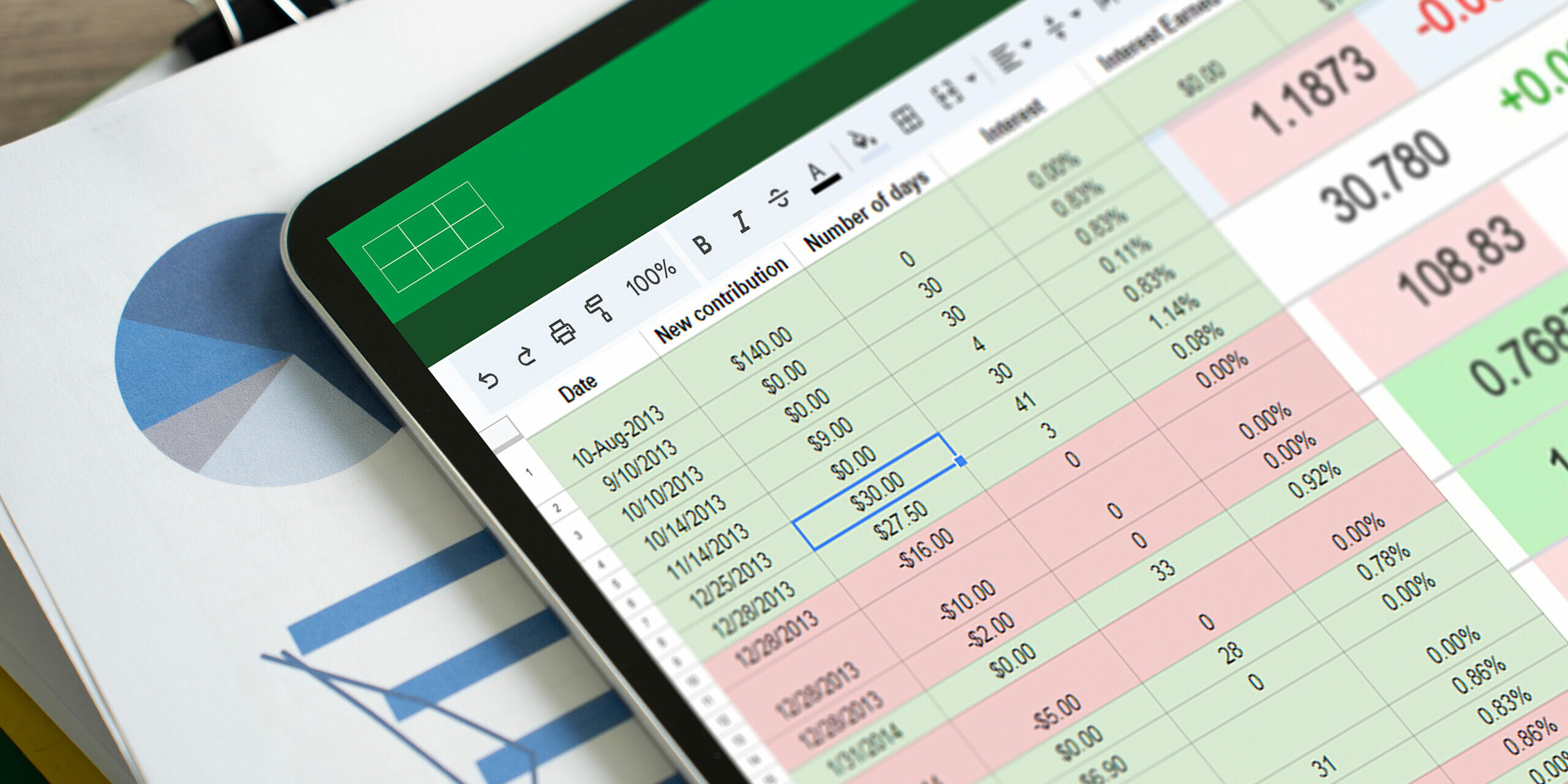Share On Socials Now

How much can I afford to pay for an accountant?
Deciphering the Right Investment in Accounting for Your Restaurant
For any small business, particularly restaurants, every dollar counts. When considering an accountant, it’s not just about the cost; it’s about the value delivered. So, how much should you, as a restaurant owner, budget for accounting services? Let’s break it down:
1. The Real Value of Accounting:
Remember, an accountant isn’t just a bookkeeper. At firms like Matthew Accounting, we don’t just crunch numbers:
- Insights & Trends: Monthly accounting, as opposed to annual, reveals actionable insights and trends in real-time. This data can transform your decision-making process, helping you capitalize on opportunities and address challenges swiftly.
- Strategic Planning: With industry-specific knowledge, your accountant can provide invaluable advice to optimize operations, manage cash flow, and navigate taxes.
- Long-Term Relationships: A strong accounting partnership equates to a shared vision for success, ensuring alignment with your restaurant’s goals.
2. Calculating Tangible ROI:
Before deciding on your budget, evaluate the potential return on this investment.
- Saved Time: How much time will you regain to focus on core operations?
- Tax Savings: Effective tax planning can save significant money.
- Avoided Mistakes: Penalties, missed tax breaks, or ineffective operations can cost more than hiring a knowledgeable accountant.
3. Actual Costs and Affordability:
Consider your restaurant’s revenue, profit margins, and existing overheads. A common rule of thumb for small businesses is to allocate anywhere from 1% to 5% of total revenue for accounting and related services. However, these numbers can vary based on specific needs and financial health.
4. Dynamic Services for Varying Needs:
Understand the different tiers of services. You may not need comprehensive accounting services right away. Starting with essential services and scaling up as you grow might be an optimal approach.
5. Long-Term Perspective:
View the accountant’s fee as an investment, not just an expense. An effective accountant can positively influence your business trajectory, potentially offering exponential returns over the long run.
In Conclusion:
At Matthew Accounting, we believe in adding tangible value to your business. It’s about crafting a shared journey towards success. Before determining how much to invest in accounting, weigh the immediate and future benefits against the costs. Given the complex nature of the restaurant industry, the right accounting partner can be the keystone for stable, sustainable growth. Let’s collaborate and determine the best path forward for your unique financial landscape.





